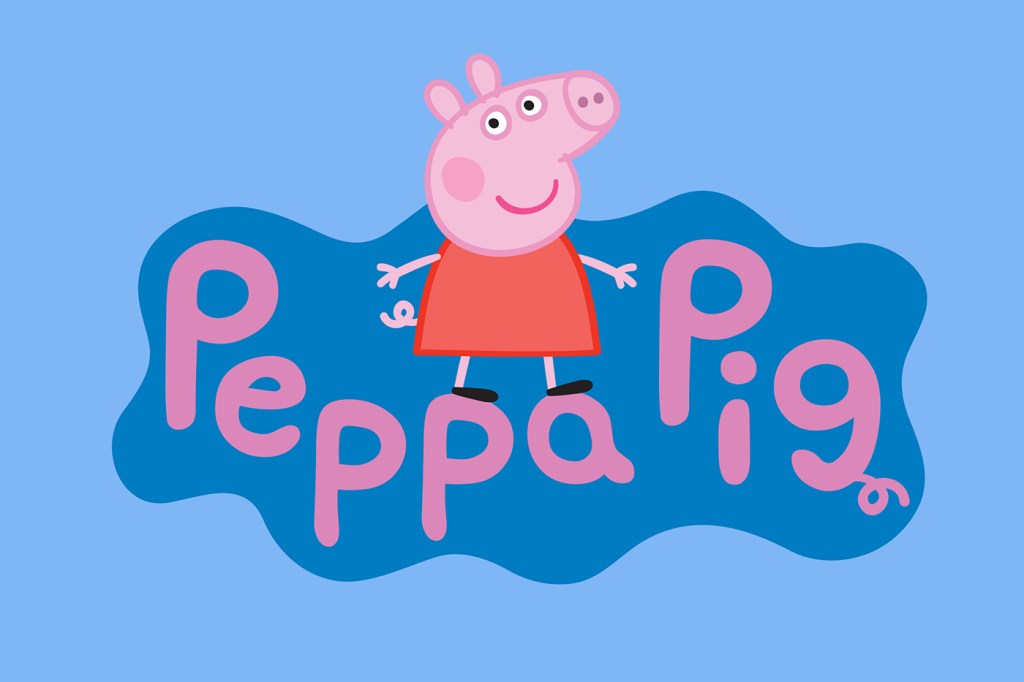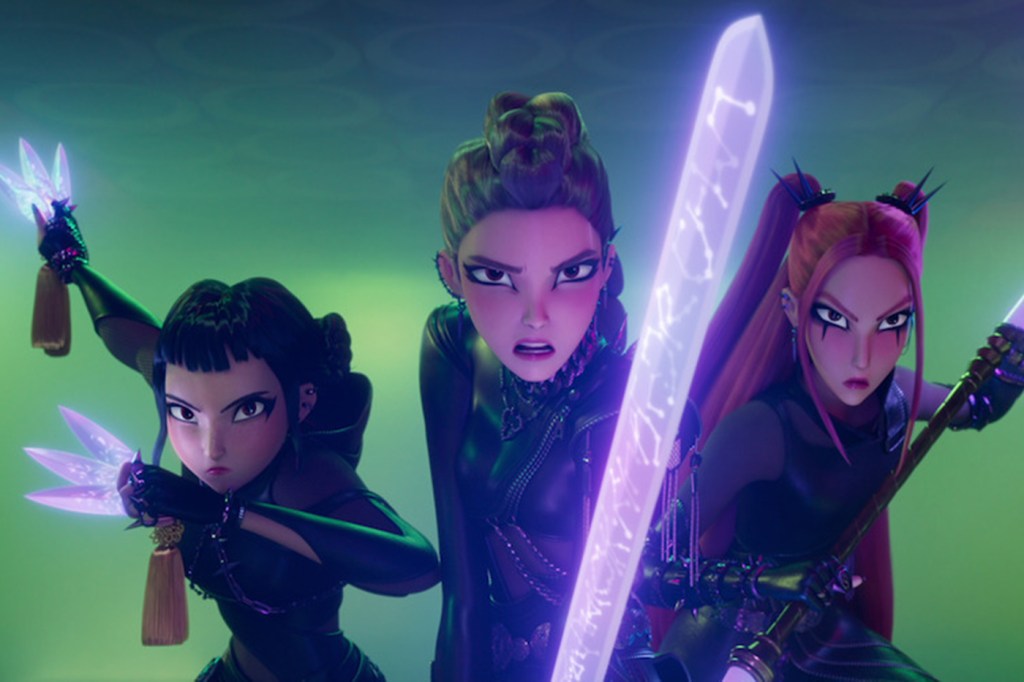Why kids love Peppa Pig and (some) parents loathe her. Relatable characters will offend someone, Northeastern experts say
Peppa’s brutal honesty has won over children and even some adults who find her funny … until their child is mimicking her behavior. What can parents do when they find their child under the influence of Peppa?

She’s brash. She’s bold. And she’ll say what’s on her mind, no matter what anyone thinks. This approach has won her fans and haters alike.
Who is she? She’s Peppa Pig.
Peppa is the lead character in the eponymous “Peppa Pig,” a wildly popular British children’s cartoon first released in 2004. Since hitting the airwaves, “Peppa Pig” has become the fourth-most popular children’s show globally, inspiring toys, a theme park and many, many children to talk in British accents.
But she’s also inspired ire from parents, some of whom noticed their children picked up Peppa’s bad manners. Examples of her misdeeds include hanging up on her best friend out of anger, tormenting her little brother and repeatedly making fun of her father for his size and laziness. Her behavior is so notable that she’s become an Internet darling outside the toddler crowd.
But it’s more than her attitude that gives Peppa staying power. According to Amy Shirong Lu, an associate communications studies professor at Northeastern University, Peppa fills a void in children’s media where it comes to believable characters.
Editor’s Picks
“We don’t have a lot of good characters for preschool children that are believable,” Lu says. “I do believe that for a story to be attractive to any kind of population, believable, authentic and relatable characters will have to offend someone to create dramatic conflict. You can never make everyone happy yet only have good characters for a good story, because good stories will have to involve some elements that are not completely positive.”
Peppa’s behavior is akin to a real 4-year-old’s, making her authentic. This, combined with the bright and colorful style of the cartoon, draws kids in, especially when there’s a lack of other characters like her on the market.
“It’s not (the show’s) intention to make children imitate what Peppa has done but more show how Peppa’s been behaving in a more authentic way,” Lu says. “This is more of a demonstration than persuasion to people that everybody should behave like that. … And part of the parents’ complaint comes from the fact that there aren’t a lot of good, relatable preschool children characters out there to balance this character out.”
However, where Peppa Pig goes wrong is that no one corrects her behavior when she insults the size of her dad’s stomach or accuses her best friend of cheating, essentially endorsing her antics in the eyes of young viewers.
“Kids learn stuff from media because they’re always learning things, even if it’s not ‘educational’ TV,” says Meryl Alper, an associate communications studies professor at Northeastern University with a background in children’s media.
One of the theories around children and learning is that kids either learn from direct experience or from observing others, even if that other “person” is a sassy pig on TV. Repetition is also a key part of this, Alper added, meaning the more kids watch an episode or show, the more likely they are to learn from it.
“Kids are more likely to learn undesirable behaviors like violence or talking back when those behaviors are either rewarded or when kids don’t observe the consequences of those behaviors,” Alper says. “In the case of Peppa, think about whether her behaviors … are rewarded or if kids don’t see the negative consequences of those behaviors.”
Alper said some kids are more prone to imitate what they see on TV than others, meaning some households might be fine with Peppa and others might ban Peppa for her effect on their kids’ behavior. However, Peppa’s target audience is kids who might be testing their boundaries with or without the pig’s influence.
What parents can do is talk to their kids about what they’re watching, not just when it comes to Peppa, but any type of media.
“Watch with your child and engage in something communication scholars called instructive mediation, which is a fancy term for talking about what you see on TV and trying to teach your child about it,” Alper says. “Peppa can offer parents opportunities to talk through what they see Peppa, her friends, and her family doing, even if you don’t think that’s a behavior or a value that you want to see your child emulate. Those conversations can ultimately be more memorable than what they’re watching if they’re undertaken in a way that authentically listens to kids.”
For those sick of the swine, this approach might be better as Peppa’s not going anywhere: She’s going to be on the air until at least 2027.
“The show’s been around for 20 years, which means it definitely has some kind of staying power with kids, whatever adults might feel about it,” Alper says.











